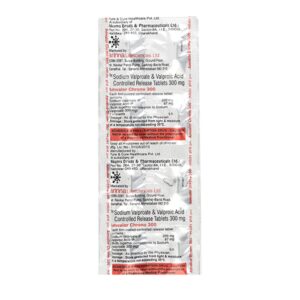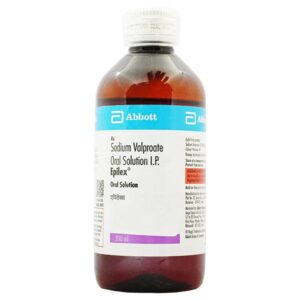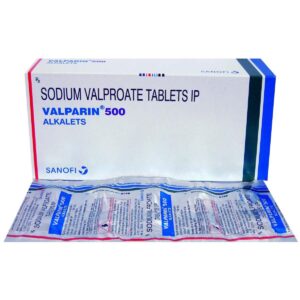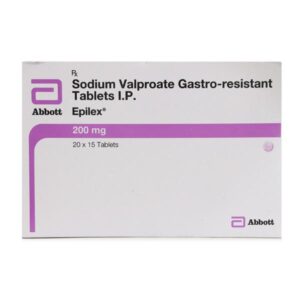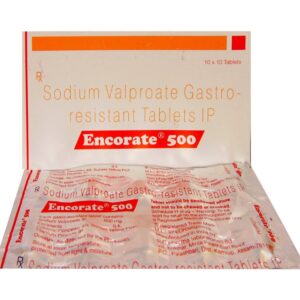SODIUM VALPROATE
SODIUM VALPROATE: Sodium valproate is a medication that is primarily used to treat epilepsy and bipolar disorder. It is also sometimes prescribed for the prevention of migraines.
The exact mechanism of action of sodium valproate is not fully understood, but it is believed to work by increasing the level of a neurotransmitter called gamma-aminobutyric acid (GABA) in the brain. GABA helps to inhibit the activity of nerve cells, which can help to prevent seizures in people with epilepsy and stabilize mood in individuals with bipolar disorder.
The dose of sodium valproate varies depending on the condition being treated and the individual patient. For epilepsy, the initial recommended dose for adults is usually 10-15 mg/kg/day, divided into two to three smaller doses. For bipolar disorder, the starting dose is often lower, around 500 mg/day, and is gradually increased as necessary. It is important to follow the dosage instructions provided by the healthcare professional or as indicated on the prescription label.
As with any medication, sodium valproate can cause side effects. Common side effects include drowsiness, dizziness, nausea, vomiting, diarrhea, and stomach pain. These side effects are usually mild and temporary. More serious side effects that may require medical attention include liver problems, pancreatitis, low platelet count, and allergic reactions. Additionally, sodium valproate can increase the risk of suicidal thoughts or behavior, particularly in people with mood disorders.
It is important to consult with a healthcare professional before taking sodium valproate, as it may interact with other medications, and regular monitoring of liver function and blood cell counts may be required during treatment. The drug should not be abruptly discontinued without medical guidance, as this can result in seizures or a worsening of bipolar symptoms.



